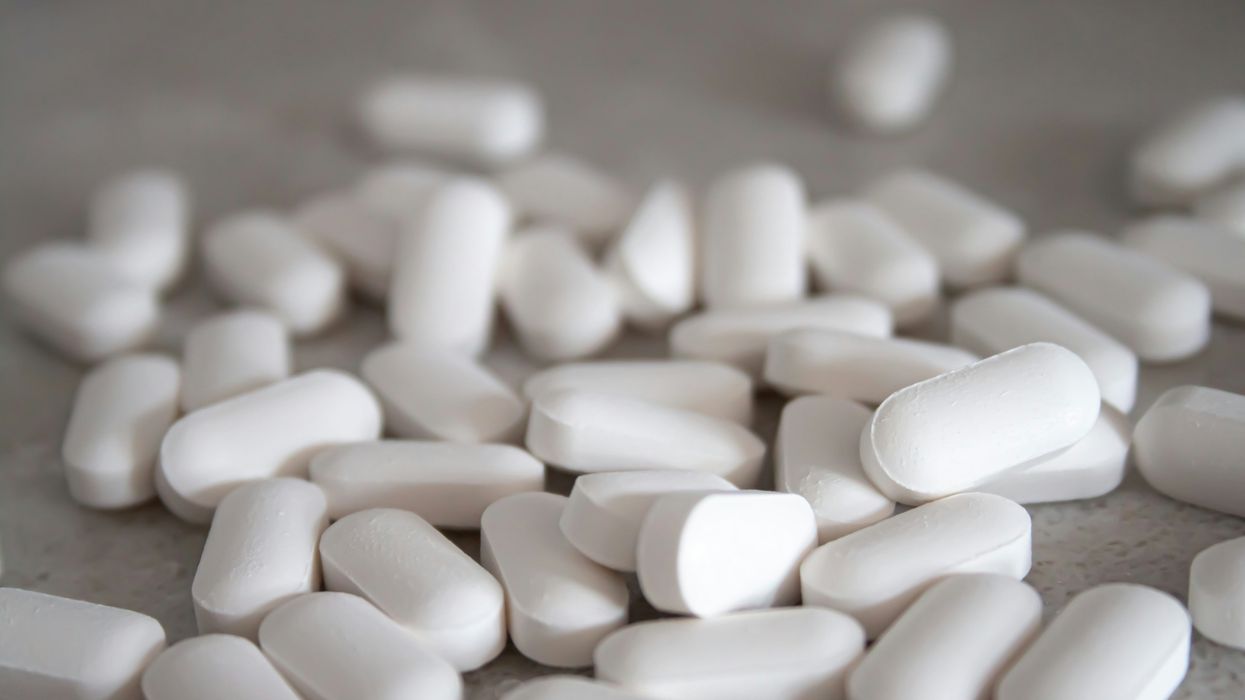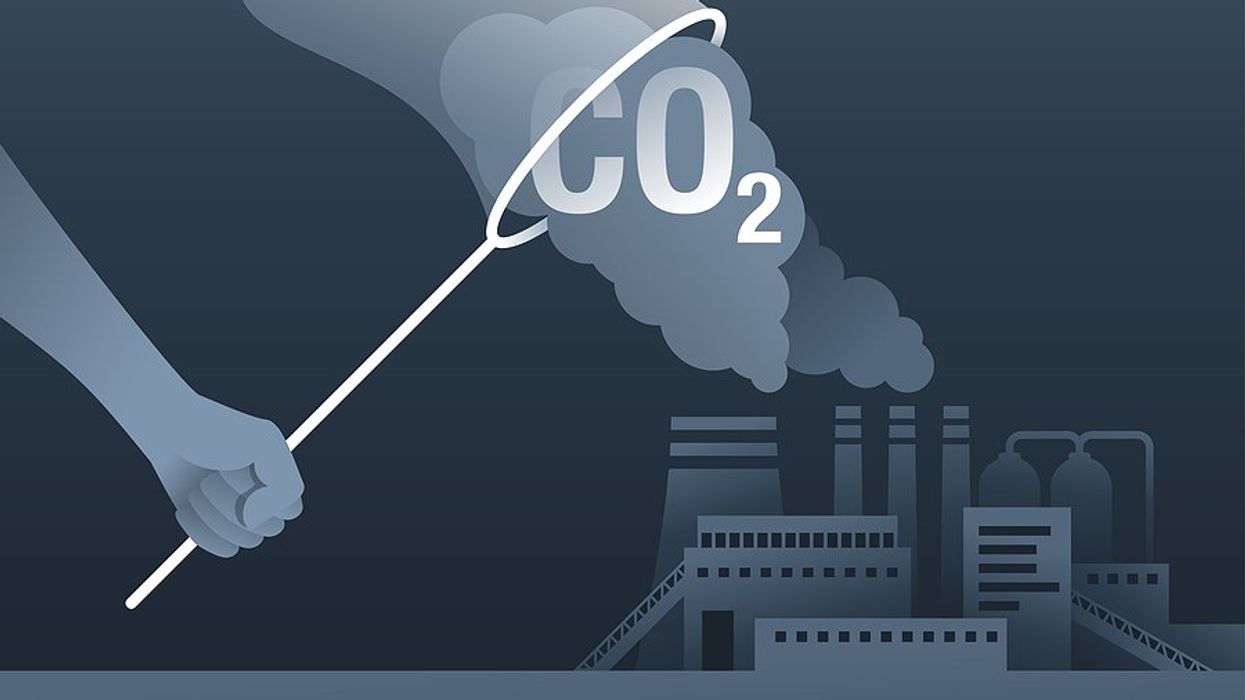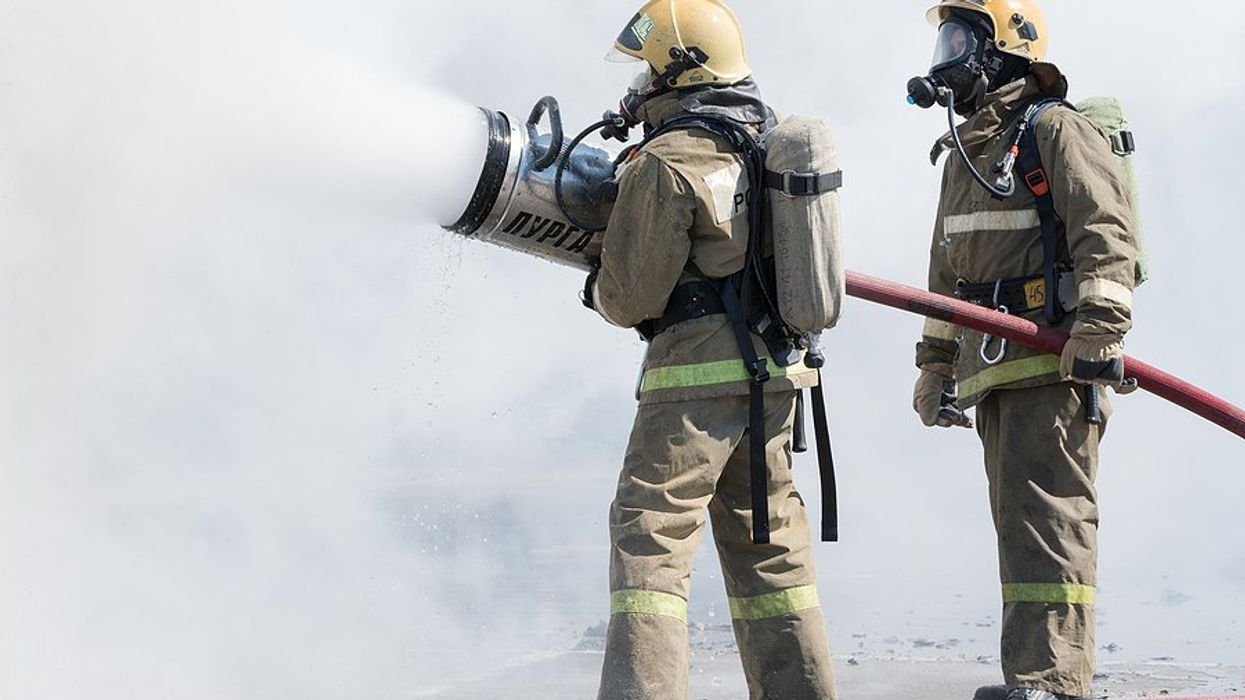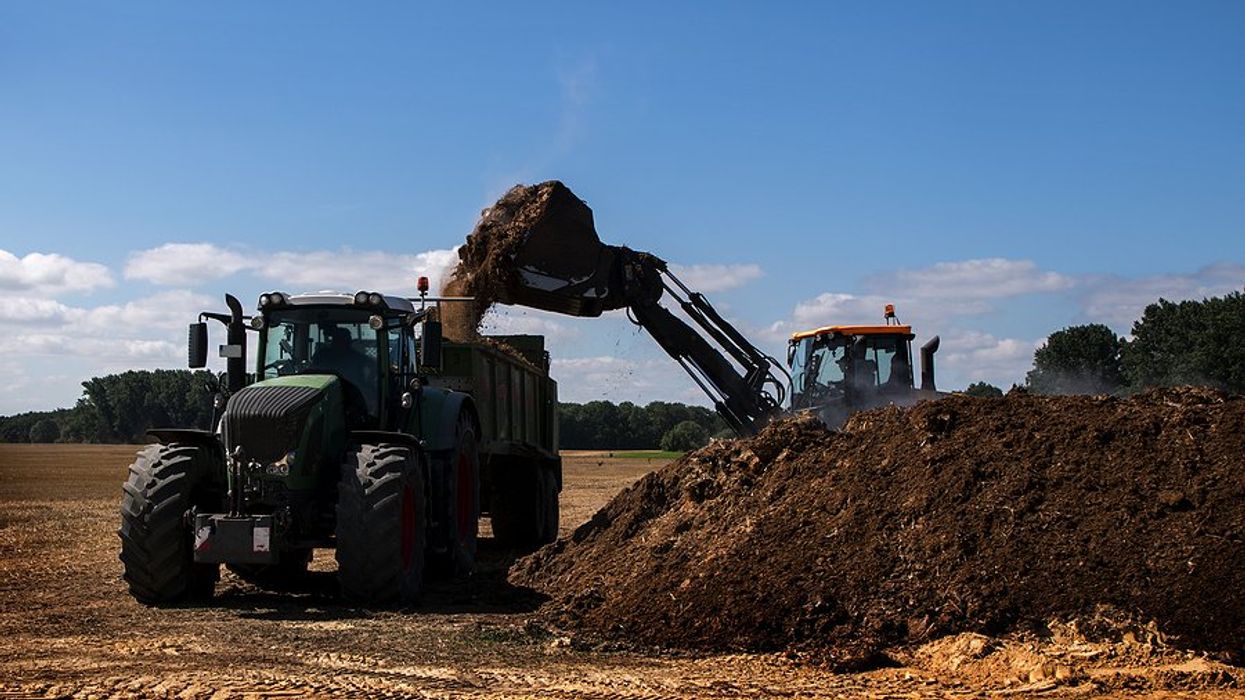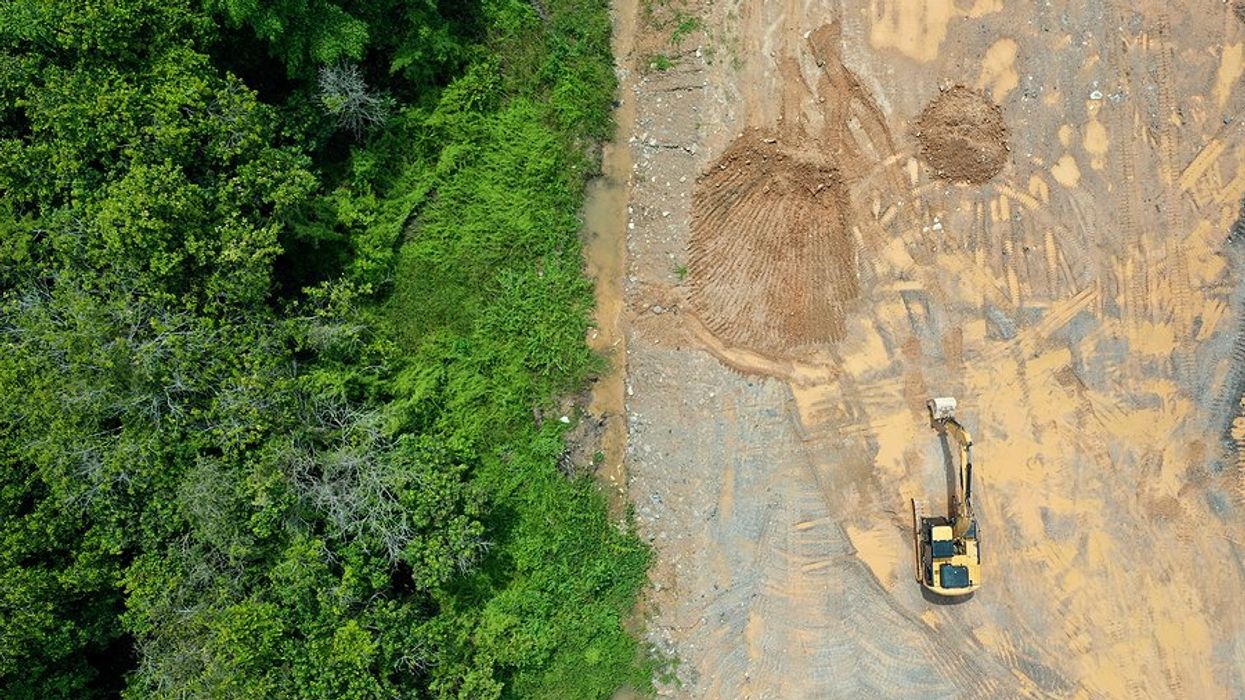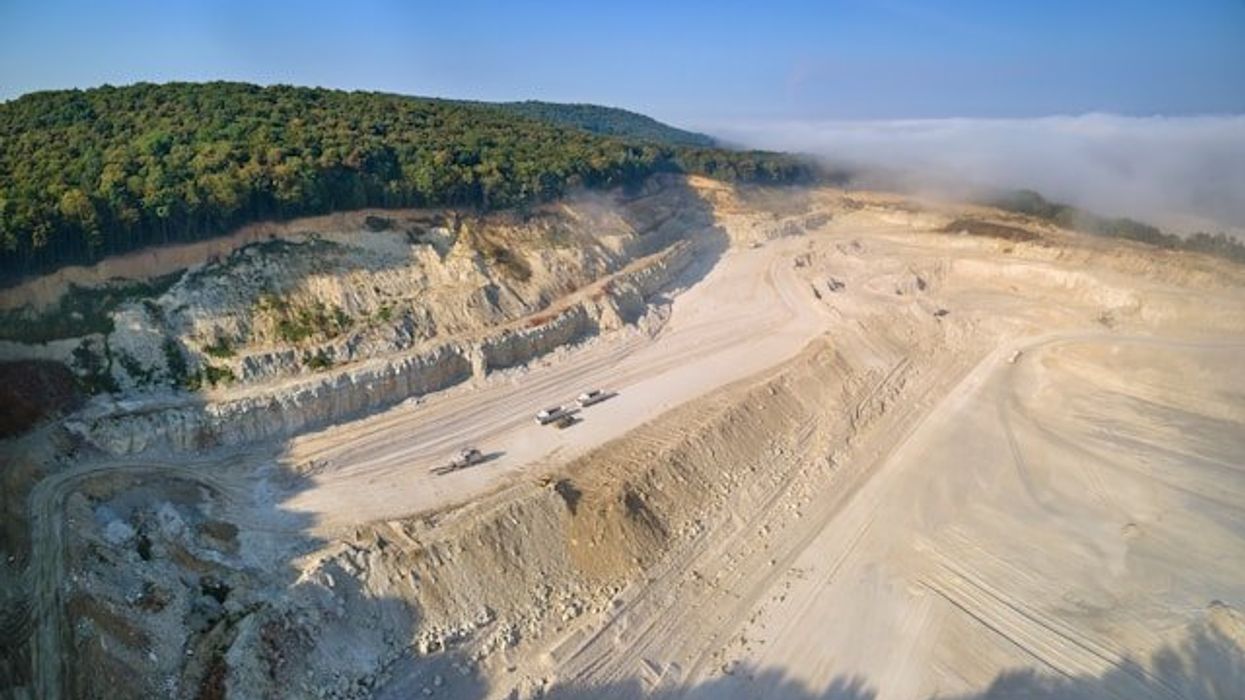Independent writer Louise Boyle reported about a recent study that has established a concerning connection between prenatal exposure to air pollution and negative impacts on newborns' cellular responses, particularly in stress-related functions.
In a nutshell:
The research, led by Dr. Olga Gorlanova at the University Children’s Hospital in Basel, Switzerland, focused on pollutants like nitrogen dioxide and PM10, commonly associated with traffic emissions. It revealed that NO2 exposure during pregnancy was linked to increased levels of Beclin-1 protein, a key component of the body's cellular recycling system, while also decreasing levels of SIRT1, a protein crucial for stress resistance, inflammation and aging.
Key quote:
“We should all be re-doubling our efforts to reduce air pollution as quickly and as far as possible. This will not only improve the health of populations and reduce costs associated with treating diseases caused by air pollution, but will also help the environment at a time when the climate emergency is becoming more and more apparent as every day passes,” said Marielle Pijnenburg, head of the Department of Pediatric Respiratory Medicine and Allergology at Erasmus Medical Center in Rotterdam.
The big picture:
Newborns are particularly vulnerable to air pollution. Prenatal exposure to pollutants like nitrogen dioxide and PM10 has been linked to disruptions in cellular processes, potentially impacting stress responses, inflammation and aging. This can increase the vulnerability of newborns to respiratory and immune system issues. The individual variations in response also highlight the need for further research to understand the long-term consequences and potentially increased breathing problems among affected children as they grow up.
The new research findings emphasize the need for urgent efforts to reduce air pollution and its potential long-term health consequences.
Read the article at the Independent.
For additional background, read Brian Bienkowski's piece noting that while China's smoke-belching coal plants and heavy traffic may be signs of a bustling economy, health experts fear the country's dirty air is hurting its babies.


